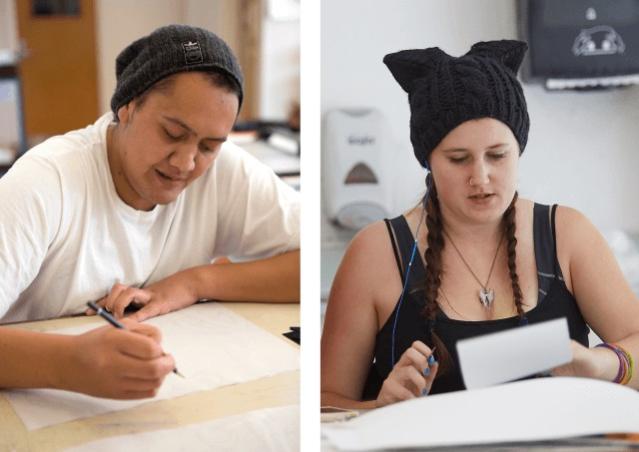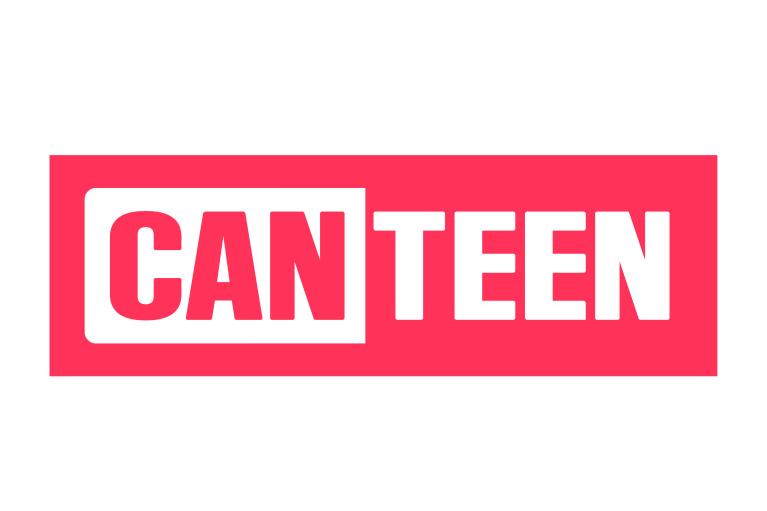Key points about supporting your teenager with cancer
- cancer and treatment could restrict the type of activities your teen can do
- there are things you can do to help support them transition back to school and connect with peers
- a key contact person at the school can help your rangatahi adjust to returning to the school environment
- open communication can help with many issues
- it is important for teenagers with cancer to work on positive thinking skills and short-term goal setting
- counselling can be an effective tool to help support your young person

How cancer can disrupt teenage development
A normal part of adolescent development is for young people to develop independence and to slowly become less reliant on adult's support. A cancer diagnosis can interrupt this process as your teenager can require a higher level of support during their treatments and recovery.
Part of this may also be that treatments restrict or limit activities that your teenager can do. They may rely on you for more assistance and support than their friends. This can be a real balance between wanting to keep your young person safe and well, and giving them some freedom. The balance may be frustrating for your teenager who may want to develop more independence.
Counselling may help
Sadness and worry are normal reactions, but if your teen seems overwhelmed or shows signs of not coping - don't be afraid to talk about this or ask for help.
Counselling by a trained professional may help your teenager.
It can help them:
- develop healthy independence
- open lines of communication
- develop strategies to gain more freedom of choice in school and home life

Canteen Aotearoa provides a range of free psychosocial support services for young people aged 12 to 24 impacted by cancer. Support services include individual counselling and therapeutic support, peer events, camps, rangatahi development programmes, and specialised online support. Visit their website to fine out more.
Helping your teenager feel more connected
Your teenager may have spent some time away from school to get treatment resulting in large periods of social isolation. An important part of adolescent development is connecting with peers and enganging in an educational environment.
At a time when self-identity and friendships are hugely important, other students can quickly classify a teenager with cancer as 'different'. This can be due to both the illness and the resulting physical changes from treatment.
Help them feel connected to classmates by encouraging peer-based activities, or establishing a support network. They may want to choose a couple of friends to help them with day to day activities, or keeping them up to date on anything they have missed. Having one or two friends who are well informed and close to your teenage student will help them to feel supported and included, even if other young people are not aware of their circumstances.
You can also talk to your teenager about getting in touch with Canteen Aotearoa. Canteen Aotearoa provides a range of free psychosocial support services for young people aged 12 to 24 impacted by cancer. Support services include individual counselling and therapeutic support, peer events, camps, rangatahi development programmes, and specialised online support.
Encourage your teen to work on positive thinking skills and goal setting. It is a good idea to involve your teen's school guidance counsellors from the beginning.
Supporting your teenager
It is important to think about your teen's personality and preferences before helping them to fit back into school and social environments. Teenagers who were shy before diagnosis, for example, will have different needs and tendencies than those who enjoy large social networks.
It is important to talk with your teen about their social needs and expectations and the level of support that they are comfortable with.
It’s a good idea to work with your teen to identify in or out of school activities or social networks to build confidence. Goal setting may be a useful tool to help plan their next steps.
"I was also told by my teachers that I did not have to attempt every standard, and only do what I needed to pass which was really good, as I didn't need to stress on not having enough time, dealing with chemo brain etc" - Teri.
Helping navigate the busy school environment
The size and complexity of your teen's secondary school can have an impact on their return to school.
Secondary students deal with many teachers and different students and classes. While immediate classmates may be understanding and supportive, other students may not know about your teen's illness or treatment.
Having one or two friends who are well informed and close to your teen will help them to feel supported and included, even if other children are not aware of their circumstances.
Secondary schools can also be large and spread out, which can be difficult if your teen has physical problems or suffers from fatigue. Talk with the school about letting your teen leave class early if they need to. This will give them more time to get to their next lesson and help them avoid the rush of other students.
Strategies to help transition back to school
Key contact person at school
It is a good idea to have a key contact person at the school to help your rangatahi adjust to returning to the school environment. This could be a teacher, someone in their health unit or their school counselling team - essentially anyone they feel safe with.
This person can help support your teenager if anything goes wrong or they feel overwhelmed.
Tools for support
It can be helpful for both your young person and the school to organise a meeting with the key contact person to develop a health summary.
The health summary could include:
- challenges your young person is facing, such as issues with brain fog, mobility and fatigue
- how they want their health to be managed
- who to contact if they need support
- identifying a safe space for medical needs
It may also be helpful to develop an educational plan.
This could include:
- any expectations they have on returning to school, including what level of support they want
- what they find helpful or unhelpful
- goal setting
- establishing realistic school hours
Talk with your teen's school about any rules that may need flexibility. Rules such as not wearing hats may need relaxing if your teen has lost their hair.
Open communication
The take home message for all of these strategies is communication. Opening lines of communication between whānau, the young person and the schooling environment is the best way to support the transition for your young person back to education.
Ongoing contact between you, medical staff, and a school representative is essential. This is especially true at the beginning of terms and when your teen's medical condition changes. These changes could be due to complications from treatment, relapse, or another illness.
Find out more about why having a key contact person is important.
Talking To Your Child's School At Diagnosis
The role of health school
If your teen is in health school, their teacher will discuss with you and your teen any concerns you may have about your teen returning to their school. They can organise a meeting with key staff at the school. They can then discuss with the school whether your teen will need to begin part-time, how their timetable might look, and what support the school might be able to offer.
"There was good communication between the Southern Health School and my school so everyone knew where I was at with my work, and were able to support me as much as needed" - Teri.
Special Assessment Conditions and derived grades
If your teen is too sick to sit exams, or if treatment has had a major effect on their performance in an external assessment, they can apply to the New Zealand Qualifications Authority (NZQA) for a derived grade. A derived grade is based solely on your student's pre-existing results record held by your school.
They may also be able to apply for Special Assessment Conditions (SAC). Special Assessment Conditions provide extra help for approved students when they are being assessed for their NCEA to give them a fair opportunity to achieve credits. The support is used for internal standards and external (exams) standards. Examples of SAC include the student being able to have a reader or writer, use a computer, have rest breaks and enlarged papers.

The New Zealand Qualifications Authority website has information on derived grades as well as Special Assessment Conditions. Check out their website to learn more.
Acknowledgements
The pages in the childhood cancer and education section of this website have been developed in collaboration with the National Child Cancer Network (NZ), and the Ministry of Education. Content has been approved by the National Child Cancer Network (NZ).
